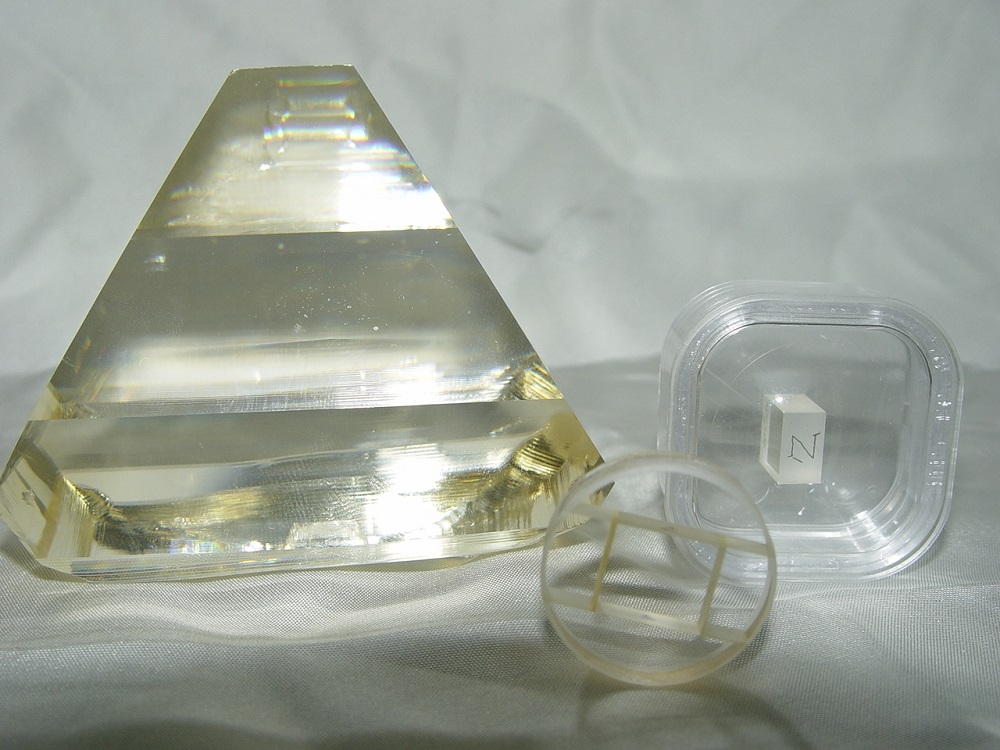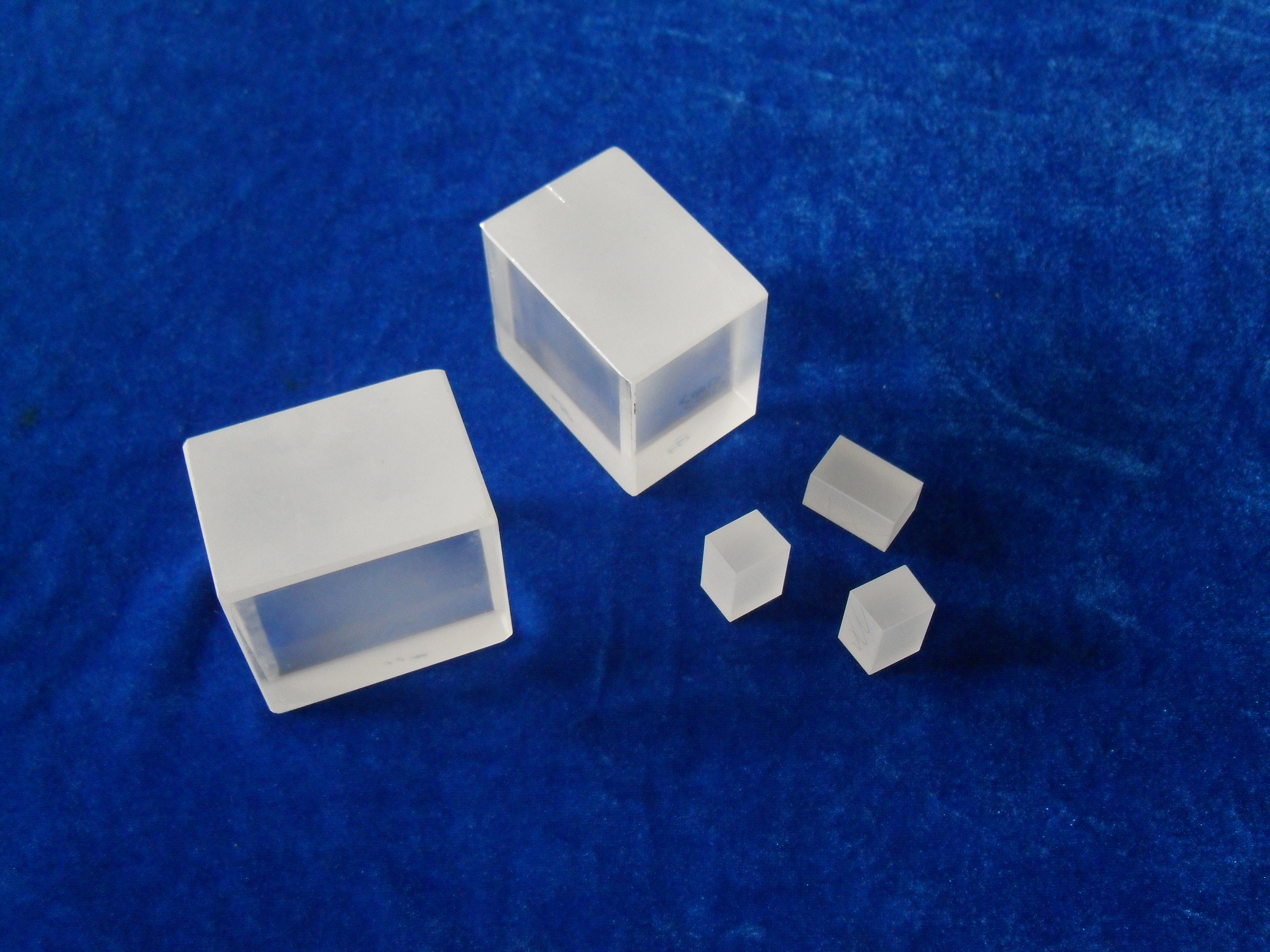Only the user's mature cable market will be stable
As the saying goes, "One slap does not ring." The adverse phenomena such as counterfeit products and low-price dumping that are strongly reflected in the industry are all related to the user's procurement mechanism and the rules of the market game. They cannot blame the wire and cable companies for their own sake, but are closely related to the user's "overlord terms". . The so-called "users are immature", the reflection of the comprehensive industry companies, southern cable network people think that the main performance is as follows.
First, the bidding mechanism is unreasonable:
(1) Lowest bid: At the time of evaluation, all levels of power grid companies use the principle of “lowest bidâ€. It is said that the State Grid Corporation has now somewhat converged. The direct harm of the "lowest price bid" is to cause "low-cost dumping" and eventually leads to fake and inferior products entering the market. Cable users are also very aware of this, so they increase supervision, once the product is found to be unqualified, cancel the enterprise bid. If the user cancels the "minimum price bid" principle and insists on purchasing according to the three principles of price, quality and service, the cable market will be much more stable.
(2) Closed contract: The so-called closed contract means that once the contract is signed, the price of the contract will not be revised no matter how the material price changes in the future. Under the guidance of this principle, once the price of materials fluctuates greatly, the bidding companies will become extremely passive and even suffer huge losses.
Second, the payment method is irrational: Cable users artificially set up some payment thresholds and puzzled bidders. When the user pays the payment, it mainly adopts the stage payment mode, such as "2-5-2-1" mode, that is to pay 20% of the advance payment after the contract is signed, 50% after the product is delivered, and 20 after the product is installed. %, the remaining 10% is paid as a quality guarantee after the warranty expires.
a) Payment of prepayment: The customer is generally not willing to pay the prepayment, even if the prepayment is paid, the supplier is required to provide the advance payment letter of credit and delay the payment of the prepayment. Some contracts stipulate that the delivery period is 20 days, and the advance payment is paid within 30 days after receiving the advance payment letter from the supplier, because the prepayment guarantee is at least one week, and the customer does not pay the advance payment until more than 30 days after delivery. , often prepayments have not yet arrived.
b) Payment to the goods: After the goods arrive, the customer should pay the supplier, but the customer also requires the supplier to provide the original goods receipt, certificate of conformity, warranty book and other materials again. (The actual supplier has provided ), And then only to pay the purchase price; there are many installation companies or general contractors require the owners to pay after the payment to the supplier, these acts have delayed the payment of payment. Due to the customer's intentional delay, the period from shipment to payment of the cable generally reaches 3 to 4 months.
c) The timing of payment is not clear: If customers often require payment after completion of project, power-on, installation and debugging, many major projects even require that the final settlement be settled after the project is finalized. These payment links are beyond the control of the enterprise. In particular, for some long-cycle projects, payment is required only after the goods are fully paid. This payment method undoubtedly increases the financial pressure of the supplier, allowing the supplier to advance a large amount of production funds. For example, government projects generally have no prepayments, and enterprises must schedule their shipments according to schedules. They must be delayed in payment after delivery, which greatly increases the financial pressure on companies. For some transportation projects, due to the long construction period, from the first supply to the end of the last supply, the lead time may be as long as one year. In special cases, the cycle is longer.
d) Payment of warranty money: Equipment products generally have a quality assurance agreement, cables are material products, and no warranty money is required, but most customers will require a 5% to 20% warranty. In the contract, the customer will require the completion acceptance of the project or the installation and commissioning of the project to be completed one to two years before the payment of the warranty money. There is no specific payment time, and it is normal for the warranty money to default for 2 to 3 years. Now, cable companies pay about 20% to 30% of the total foreign purchase price.
The third is an excuse for corruption: Some power grid companies require the signing of an "integrity agreement" or an "commitment letter on clean government commitments" with cable companies, and stipulate that enterprises must pay a certain amount of "credit security deposits," and list many unacceptable bribery behaviors. For example, to send money, deliver goods, travel, bathing, fishing, etc., once the cable company violates, it will confiscate the "margin" in full. This low-intelligence approach of “silver-free three hundred and two†here is questioned and resisted by cable companies. It states that “where is the 'guarantee for corruption governance' and it is clearly the 'guiding guide for bribery'â€.
Fourth, the penalty for breach of contract in the contract terms is too heavy: Many contracts have the phenomenon of excessive liquidation of fines, such as the delay in the delivery of technical information, delays in delivery, and other fines, and some fines even up to one million yuan. For manufacturing enterprises, there are many uncertainties in production and transportation, which inevitably result in unintentional breach of contract. It is unfair to assume too high a breach of contract.
Fifth, the margin of the bank guarantee is too much. In the contractual agreement, there are many items that the company needs to issue a letter of guarantee, such as prepayment letter of guarantee, bid bond, performance guarantee, quality guarantee, etc., and a large amount of deposit is required to be paid.
In addition, in 2011, the General Administration of Quality Supervision, Inspection and Quarantine initiated the nationwide rectification campaign for wire and cable industry, conducted a "linked spot check" of wire and cable quality, and was also issued by the General Administration of Quality Supervision, Inspection and Quarantine, Ministry of Industry and Information Technology, China Machinery Industry Federation, China. The Electric Power Enterprise Confederation, the State Grid Corporation of China, and China Southern Power Grid Co., Ltd. jointly issued the “Guidelines for Improving the Quality of Wire and Cable Products†in the Quality Inspection and Supervision Association [2011] No. 585.
It is understood that this is not fully recognized in the cable industry and it is considered unreasonable for the user departments to participate in the intervention of the cable industry. Of the six departments that issued the joint document, some grid companies are cable product users. Industry insiders believe that as a cable user department, they are not eligible to participate in the "Guiding Opinions" formulated by the national administrative department. Some grid companies should mature themselves and create a fair, fair and honest procurement environment for the cable industry.
Coupletech Co., Ltd could manufacture and supply a variety of nolinear Optical Crystal ( NLO crysal ), which is Lithium Triborate (LBO) crystal, Potassium Titanyl Phosphatecrystal ( KTP ) crystal, KTA crystal, Beta Barium Borate ( BBO) crystal, BIBO crystal, Lithium niobate ( LiNbO3, LN ) crystal, Potassium Dihydrogen Phosphate & Potassium Dideuterium Phosphate (DKDP (KD*P) and KDP ) crystal, periodically poled crystal ( MgO: PPLN, PPLN ) crystal and infrared Nonlinear Optical Crystals ( AgGaS2, ZnGeP2 ) crystal with top quality, unbeatable prices, prompt delivery and the best pre- and post- sales technical support and services, for not only science users but commercial customers and industrial manufacturers all over the world.
Coupletech's NLO crystal is widely used for frequency doubling ( SHG ), third-harmonic generation ( THG ), sum frequency (SFG), optical difference frequency ( DFG ), optical parametric oscillator ( OPO ), and so on.


Nonlinear Optical Crystals,KTP Crystals,BBO Crystals,LBO Crystals,BIBO Crystals,KTA Crystals,LN Crystals,PPLN Crystals
Coupletech Co., Ltd. , https://www.coupletech.com
